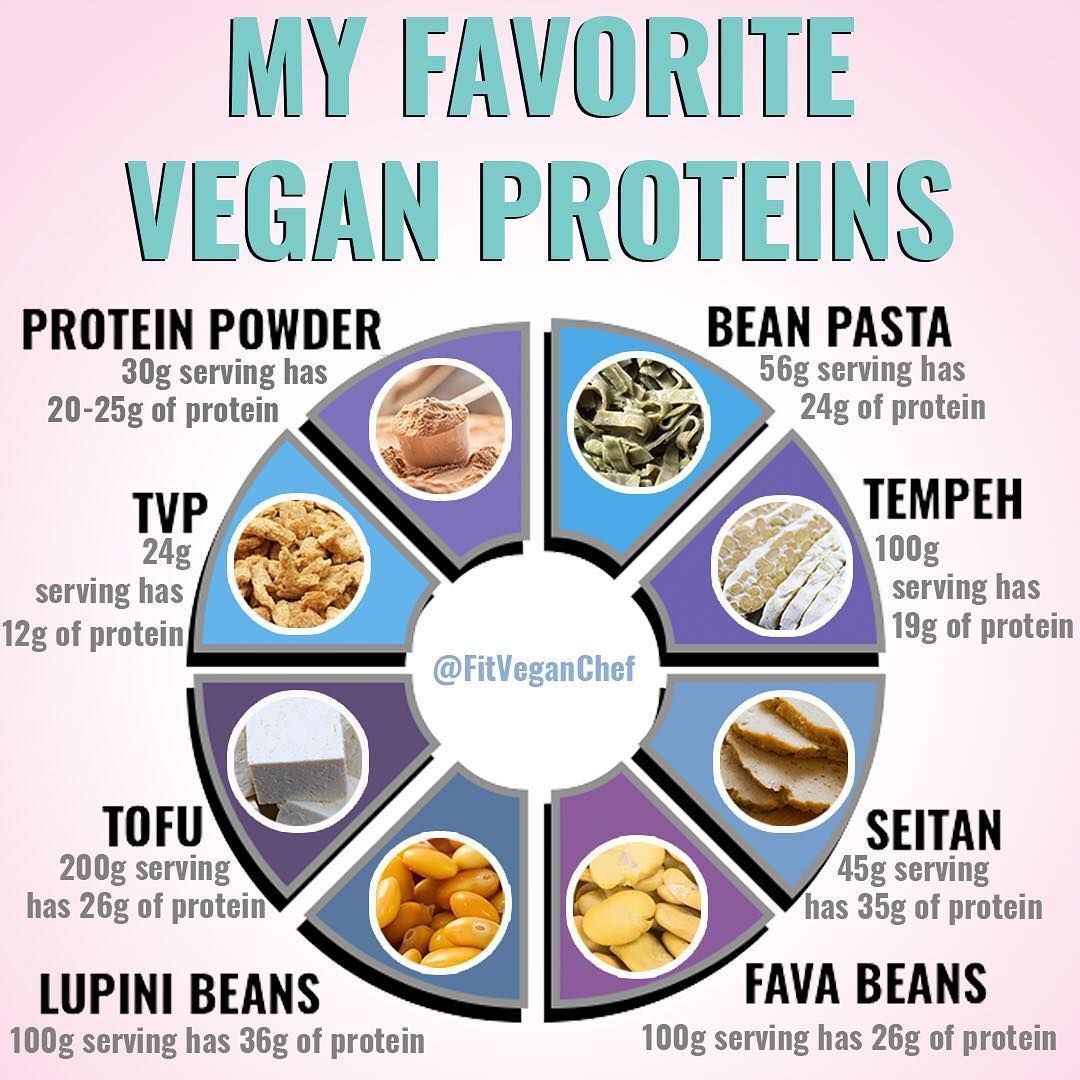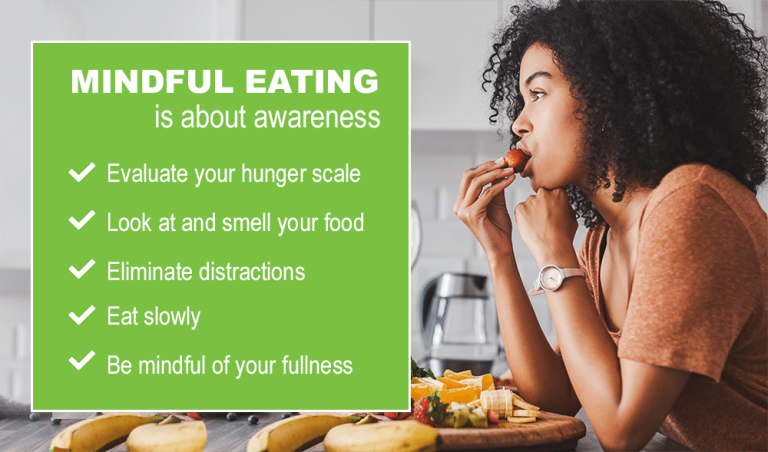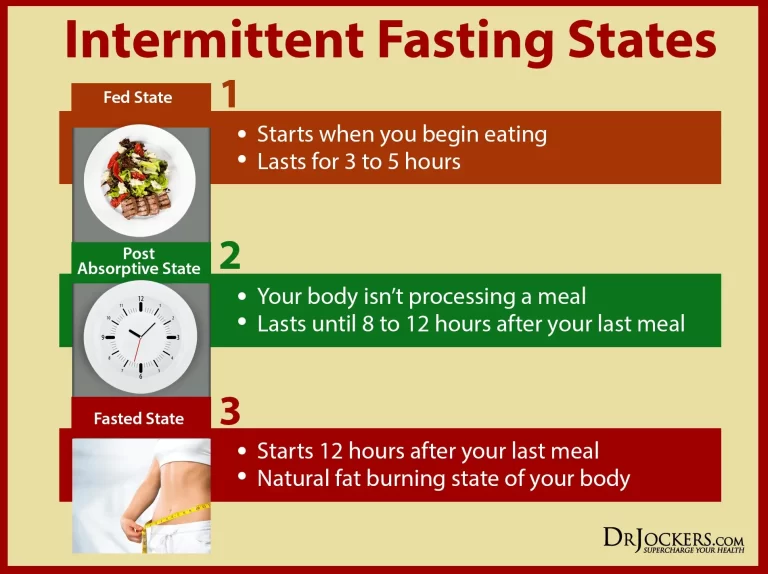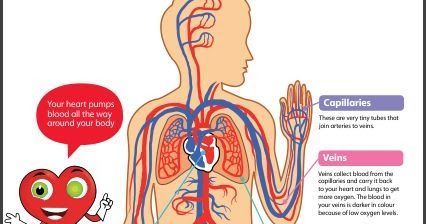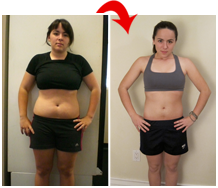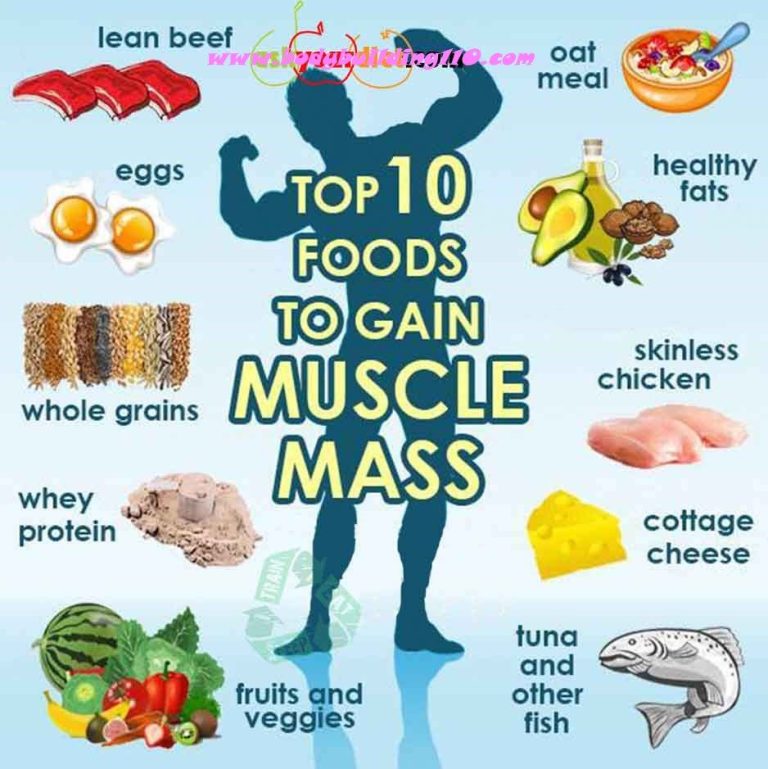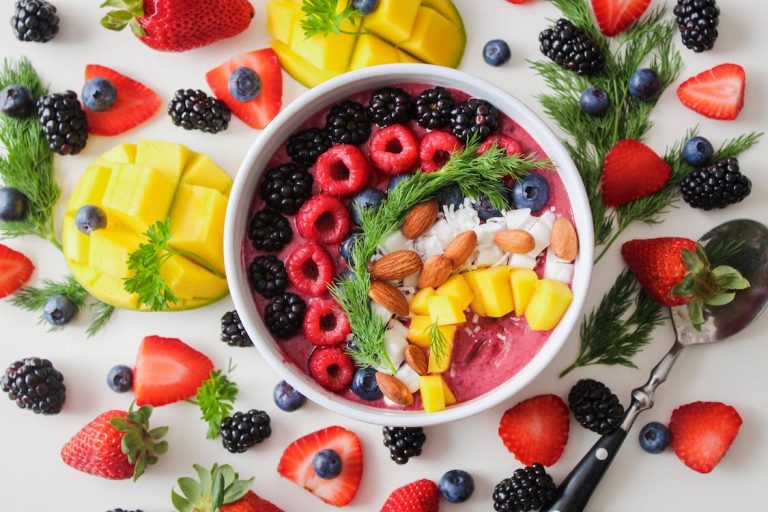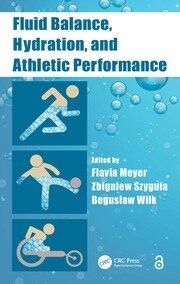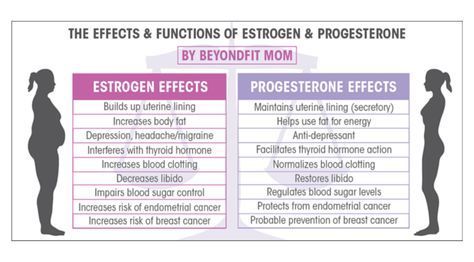In recent years, there has been a significant surge in the popularity of vegan and vegetarian diets. Many people are adopting these dietary choices for various reasons, such as ethical concerns, environmental sustainability, and potential health benefits. However, some fitness enthusiasts may question the viability of these diets when it comes to meeting their nutritional needs and supporting their active lifestyle. In this article, we will explore the benefits and challenges of vegan and vegetarian diets for fitness enthusiasts and provide practical tips for maintaining an optimal level of fitness while following these dietary choices.
The Benefits of Vegan and Vegetarian Diets
Vegan and vegetarian diets have been associated with several health benefits. These diets are usually rich in fiber, vitamins, and minerals while being lower in saturated fat and cholesterol. This nutrient-dense composition can aid in weight management, promote heart health, and reduce the risk of chronic diseases, including certain types of cancer and diabetes.
Furthermore, vegan and vegetarian diets have been found to improve digestion, enhance skin health, and increase energy levels. These factors can contribute to better overall fitness, making these diets appealing for fitness enthusiasts who strive for optimal health and well-being.
Meeting Nutritional Needs
One of the primary concerns for fitness enthusiasts transitioning to vegan or vegetarian diets is ensuring they obtain all essential nutrients. While it is true that some nutrients like vitamin B12, iron, zinc, and omega-3 fatty acids are predominantly found in animal products, it is still possible to meet all nutritional needs through a well-planned plant-based diet.
Protein is a crucial macronutrient for individuals seeking to build and maintain muscle mass. While animal products are high in protein, plant-based protein sources such as legumes, tofu, tempeh, seitan, and quinoa can provide adequate amounts of protein. Combining different plant-based protein sources throughout the day can ensure a complete amino acid profile.
Calcium, a mineral vital for bone health, can be obtained from plant-based sources like leafy green vegetables (kale, broccoli), fortified plant-based milks, tofu, and sesame seeds.
Iron, essential for oxygen transport in the body, can be derived from plant-based sources such as lentils, spinach, quinoa, and fortified cereals. Combining these iron-rich foods with sources of vitamin C (e.g., citrus fruits, bell peppers) can enhance iron absorption.
Omega-3 fatty acids are typically associated with fish and seafood, but plant-based sources like walnuts, flaxseeds, chia seeds, and hemp seeds can provide an adequate amount. Including these sources regularly in the diet can ensure a sufficient intake of omega-3 fatty acids.
Meal Planning and Food Selection
To meet nutritional needs while following a vegan or vegetarian diet, it is important to plan meals carefully and select nutrient-dense foods. Including a variety of fruits, vegetables, whole grains, legumes, nuts, and seeds can provide a wide range of essential nutrients.
Creating balanced meals with a combination of macronutrients (carbohydrates, proteins, and fats) is crucial for maintaining energy levels and supporting physical activity. Incorporating a source of plant-based protein, such as beans or tofu, in each meal is essential for meeting protein requirements. Additionally, consuming healthy fats from sources like avocados, olive oil, and nuts can benefit overall health and aid in nutrient absorption.
Supplementation might be necessary for some nutrients that are challenging to obtain solely from plant-based sources. Consulting with a registered dietitian or healthcare professional can provide guidance on appropriate supplementation, particularly for nutrients like vitamin B12.
Supporting Athletic Performance
Contrary to the misconception that vegan or vegetarian diets may hinder athletic performance, several professional athletes have thrived on plant-based diets. These diets can provide sufficient energy, essential nutrients, and antioxidants necessary for enhanced endurance, strength, and recovery.
Plant-based diets can support cardiovascular health, which is critical for endurance athletes. The high intake of fruits, vegetables, and whole grains reduces inflammation and oxidative stress, improving overall cardiovascular function. Antioxidants found in plant-based foods also aid in reducing exercise-induced muscle damage and promoting faster recovery.
It is important to ensure an adequate intake of carbohydrates to fuel workouts and replenish glycogen stores. Whole grains, fruits, and starchy vegetables can provide the necessary carbohydrates for high-energy exercise. Additionally, consuming plant-based sources of iron can contribute to optimal oxygen transport, benefiting overall athletic performance.
Hydration is another important aspect of athletic performance. While water is essential, incorporating hydrating fruits and vegetables like watermelon, cucumbers, and oranges can provide additional hydration and replenish electrolytes naturally.
Conclusion
Vegan and vegetarian diets can be perfectly suitable for fitness enthusiasts looking to maintain or improve their health and physical performance. By carefully planning meals, selecting nutrient-dense foods, and potentially supplementing for specific nutrients, individuals can meet all their nutritional needs while following a plant-based lifestyle. It is crucial to listen to one’s body, make adjustments if necessary, and consult with a registered dietitian or healthcare professional to ensure optimal nutrition and health. Ultimately, vegan and vegetarian diets offer numerous benefits for fitness enthusiasts, allowing them to align their dietary choices with their ethical values while supporting their fitness goals.
